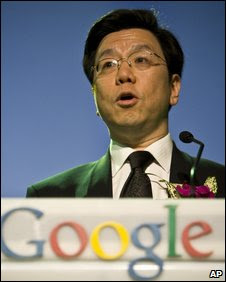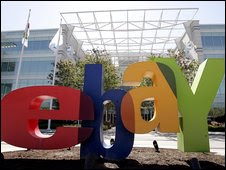
India's stand that protectionism remains a real threat to the global economy and emerging economies need to guard against tendencies in some developed nations to extend it beyond trade to financial markets and investment has been endorsed by Russia, China and Brazil.
A joint communique issued at the end of the two-hour meeting of the BRIC (Brazil, Russia, India, China) countries'
Finance Ministers on Friday evening asserted that "protectionism remains a real threat to the global economy and
should be avoided, both in direct and indirect forms."
Addressing a press conference along with his counterparts from Brazil, China and Russia, Finance Minister Pranab Mukherjee said that "emerging markets also need to guard against tendencies in some developed countries to extend protectionism beyond trade to financial markets and
investment."
He said it could "collectively undermine not only growth in developing countries but also the hard earned welfare gains from globalisation."
The communique also emphasised that the reform of international financial institutions is crucial to ensuring a stable and balanced global economy.
"For the IMF and the World Bank Group, the main governance problem, which severely undermines their legitimacy, is the unfair distribution of quotas, shares and voting power. Priority should be given to a substantial shift of quotas and shares in favour of emerging markets and
developing countries," the communique said.
"We propose the setting of a target for that shift of the order of 7 per cent in the IMF and 6 per cent in the World Bank Group so as to reach an equitable distribution of voting power between advanced and developing countries," it said, adding "this would lead the overall share of emerging markets and developing countries in the IMF and World Bank to correspond roughly to their share in world GDP."
Emphasising that emerging markets were not the cause of the ongoing financial crisis as their financial systems were conservatively regulated, Mukherjee said "their growth prospects have nevertheless been badly damaged. It is particularly gratifying that BRIC countries are leading the global recovery."
Stating that he expected India to grow between 6-7 per cent in both 2009 and 2010 on the back of strong fiscal and monetary measures that saw the central bank repeatedly lowering its benchmark interest rates by 425 basis points over a short period following the Lehman debacle, he added that government has also tried to cover the fall in private demand through fiscal stimulus equipment to 3-4 per cent of the GDP
in 2008-09, and this is being carried through to 2009-10.
Mukherjee, however, cautioned that a return to earlier levels of 9 per cent trend growth in India on a sustainable
basis hinged on stabilisation of western markets.
"The recovery would be greatly assisted if international trade is kept open. In this context, we are keen for an early, successful conclusion of the stalled Doha Round," he said.
The BRIC countries expressed their support for an open and merit-based selection of IMF and World Bank management.
"The next Managing Director of the IMF and the next President of the World Bank should be elected in such a manner, irrespective of nationality or any geographical preference," the communique said.
They also supported a revision in the composition of the executive boards of the IMF and the World Bank, of the IMFC and of the Development committee to allow for a more adequate representation of the emerging markets and developing countries.















